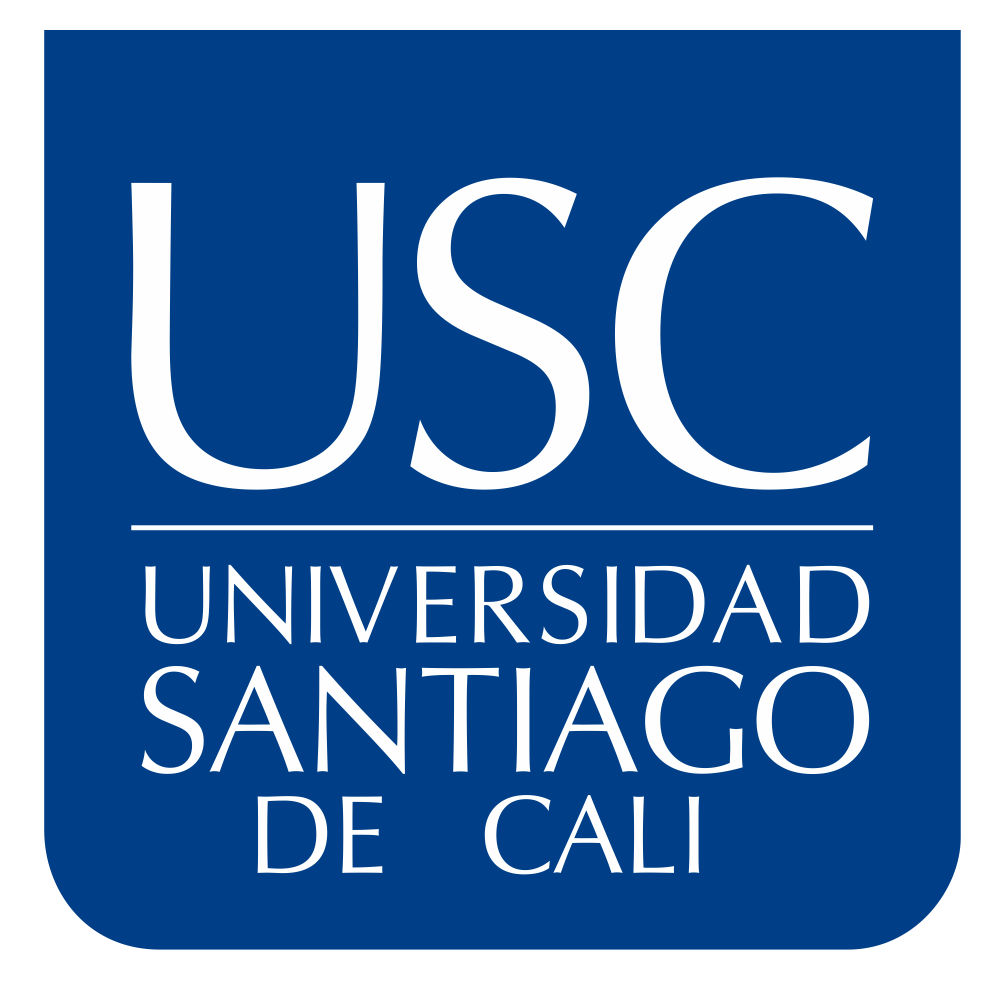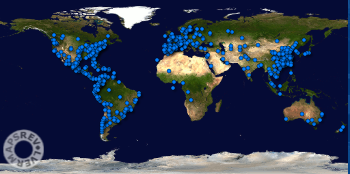Smart Cities
The Challenge
Urbanization comes together with economic growth. It affects the physical environment through the impacts of the number of people, their activities and the increased demands on resources. Without proper planning, urbanization may stress public services, and have negative consequences on health due mainly to pollution and overcrowded living conditions. An ideal urban planning process should take comprehensive consideration of all sorts of stakeholders of a city. At the same time it should achieve high efficiency in meeting timely the dynamic needs of citizens. Using traditional methods to meet both objectives is difficult.
Our Approach
We use simulation techniques to fast model cities. Cartographic, geographic and photographic information are combined to create 3D models of a city that is visually realistic. In addition, multiple urban data sources are used in the simulation, for high fidelity in the reflection of communities, traffic and people. We also research and design computational models to build virtual cities and urban areas that do not yet have real world counterparts. Traditional urban planning is helped by digital twins prototyping which can be participated by more people with different backgrounds and expertise.
Differences made by us
Milestones
9 cities have been modeled so far in China and Colombia.
Impacts
Models are used to help urban planning.
In the News
IEEE Transmitter technology highlight calls our work “exemplar”.



